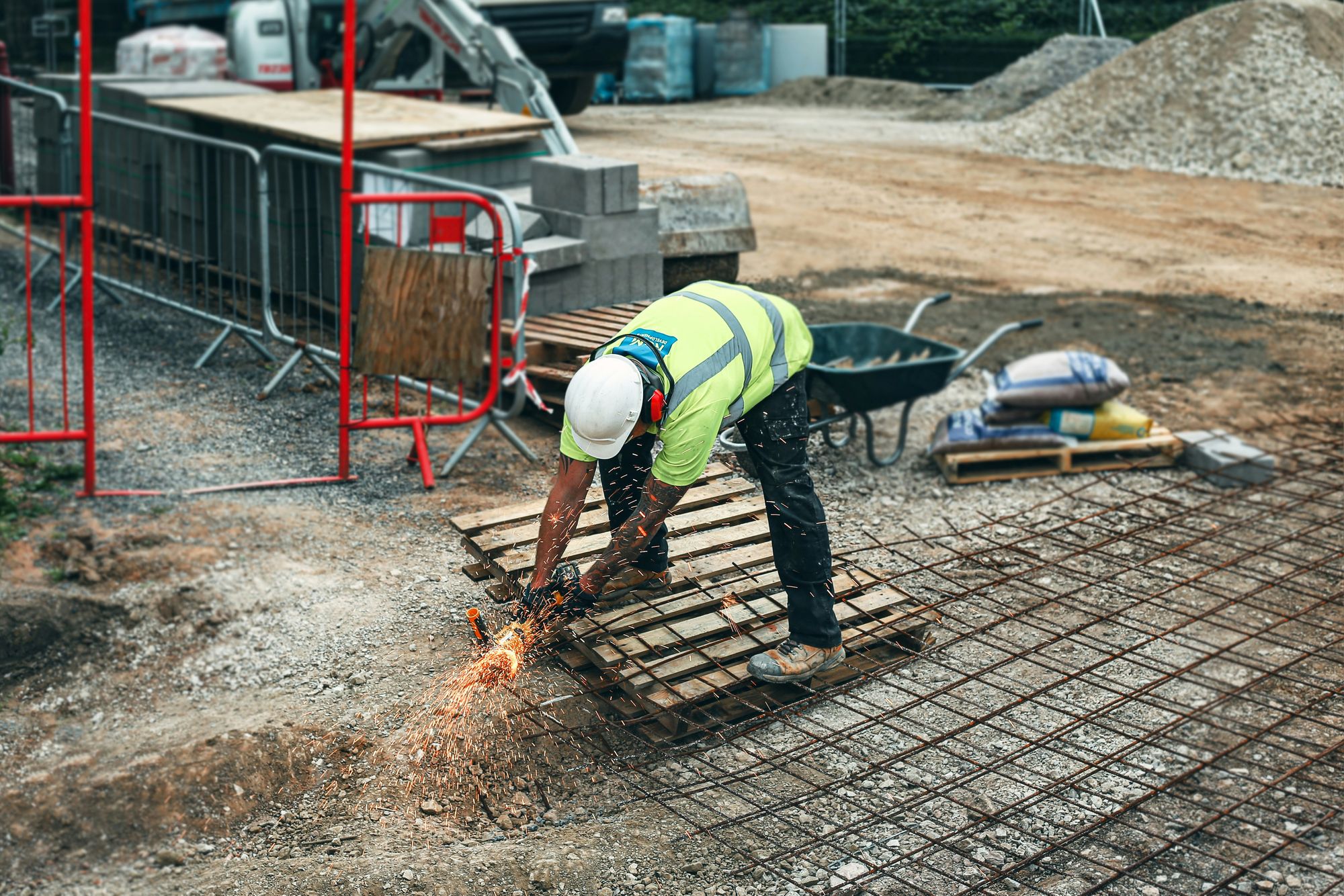Economies of Scale

In this week's blog, we are once again looking at the plight of SME property developers in our sector and their critical role in addressing the housing crisis. We have banged the drum on this topic over the months, so loud and for so long that our ears are positively ringing with the message. However, because it's of such importance to our market, we will continue to do so for as long as it takes.
To recap on the story, the UK housing crisis has reached a critical point. With the government setting an ambitious target of building 1.5 million new homes in England over the next five years, local councils are under immense pressure. According to the latest round of BBC reporting, some councils, like Kensington and Chelsea, need to increase their housing output by more than 20 times to meet expectations, and multiple and seemingly insurmountable obstacles stand in their way. These issues range from a shortage of skilled workers to limitations in private sector participation, from rising costs to rising rates; it's very much a scenario of standing at base camp looking up, and to quote the legendary climber Hermann Buhl, "Mountains have a way of dealing with overconfidence."
So, how has this all happened? Between 1980 and the present day, the number of small and medium-sized enterprise (SME) property developers in the UK has declined significantly, so much so that it may account for almost the entirety of the problem. In the 1980s, SMEs played a vital role in housebuilding, contributing around 40% of new homes. However, their share had dropped to below 10% by the present day. One key reason for this was the increasing dominance of large housebuilders, which benefited from economies of scale and better access to finance. There is an argument for lack of returns in developing social housing diminishing the public sector appetite or the Thatcherite policies of yesteryear removing social housing from circulation and into private ownership, but in reality, there is an increasingly strong argument that it's simple microeconomics that has left us in the pickle we are in, and the need for economies of scale in any industry beholden to produce return. It's not that the banking infrastructure only wanted to deal with wholesale producers of housing stock; it's that they had no choice, as they themselves were businesses built on economies of scale, requiring constantly bigger margins to outpace the continually ballooning infrastructure, there was no place at the table for anything below wholesale.
Following the 2008 financial crisis, lending to SMEs tightened, making it difficult for smaller developers to access capital. Additionally, rising land prices and a complex planning system in this era created significant and costly barriers to entry. Local authority planning processes became lengthier and more bureaucratic, favouring large developers with more substantial resources. Government regulations, such as Section 106 agreements and affordable housing requirements, added further costs, incidentally and disproportionately affecting SMEs, again not in some targeted way, but in a top-down process; the system was being built for the important few, which is fine - if that handful of businesses can produce the entire supply, of which we know now, they can't. In an economy of scale, which is always beholden to shareholder returns, it's not that they can't handle the requirements; it's the fact that they do not need to; their focus is simply on returns - not solving a crisis, ideology, and capitalism are sometimes ill-matched bedfellows.
So why do we feel our role in finding a new way to unlock the potential of these smaller businesses is so important? SME property developers are crucial in addressing the UK housing crisis because they bring diversity, speed, and flexibility to the market. Large housebuilders dominate the sector but build slowly to maintain high prices. In contrast, SMEs can develop smaller sites more quickly, increasing the overall supply of homes. One key advantage of SMEs is their ability to unlock underutilised land, such as brownfield sites, infill plots, and smaller parcels that more prominent developers overlook. This helps deliver much-needed homes in urban areas without requiring massive new developments.
Additionally, SME developers often produce higher-quality, more bespoke housing, enhancing local character rather than creating generic mass-produced estates. A more diverse market also boosts competition, preventing the current oligopoly where a handful of major firms dictate housing supply and pricing. The government can stimulate housebuilding and drive affordability by supporting SMEs with better access to finance, streamlined planning processes, and fairer land allocation.
Reinvigorating SME developers would increase the number of housing units, create jobs, boost local economies, and provide more sustainable, community-focused developments. Without them, the UK risks continuing its cycle of undersupply, escalating prices, and deepening the housing crisis. That's why we are so passionate about serving this sector and ensuring that the P2P industry is part of the solution, not the problem.
Invest & Fund has returned over £200 million of capital and interest to lenders with zero losses, showing the rigour that governs our business.
To take maximum advantage of this robust and exciting asset class, please visit www.investandfund.com
Don't invest unless you're prepared to lose money. This is a high-risk investment. You may not be able to access your money quickly and are unlikely to be protected if something goes wrong. Take 2 minutes to learn more.